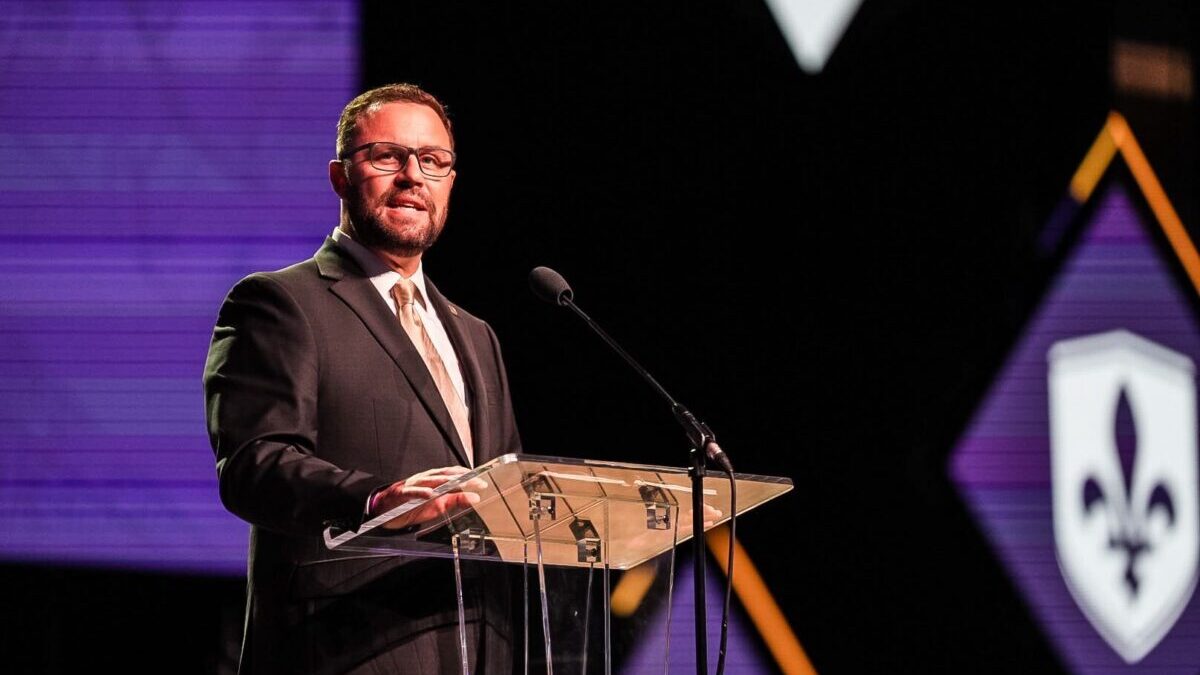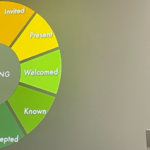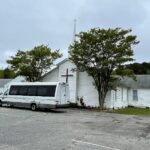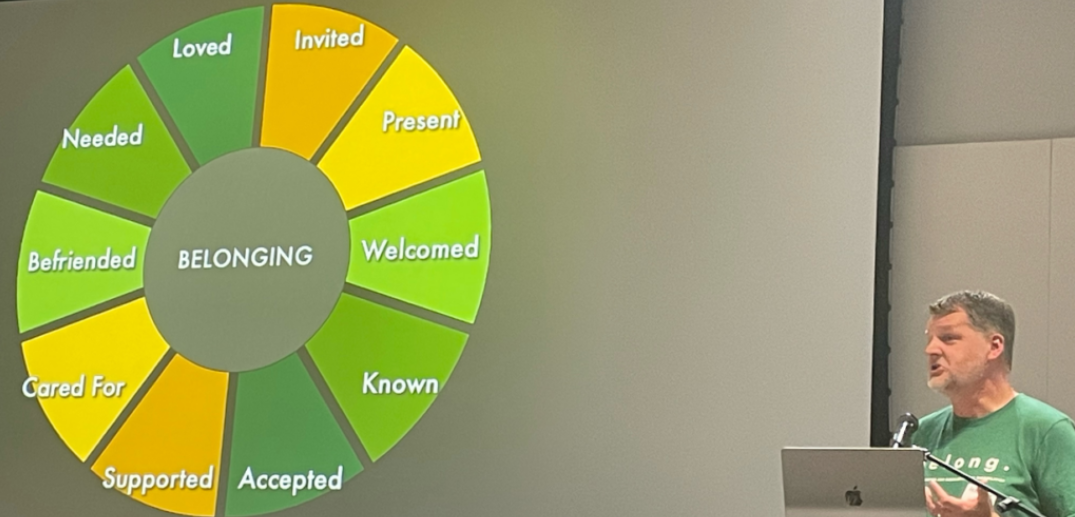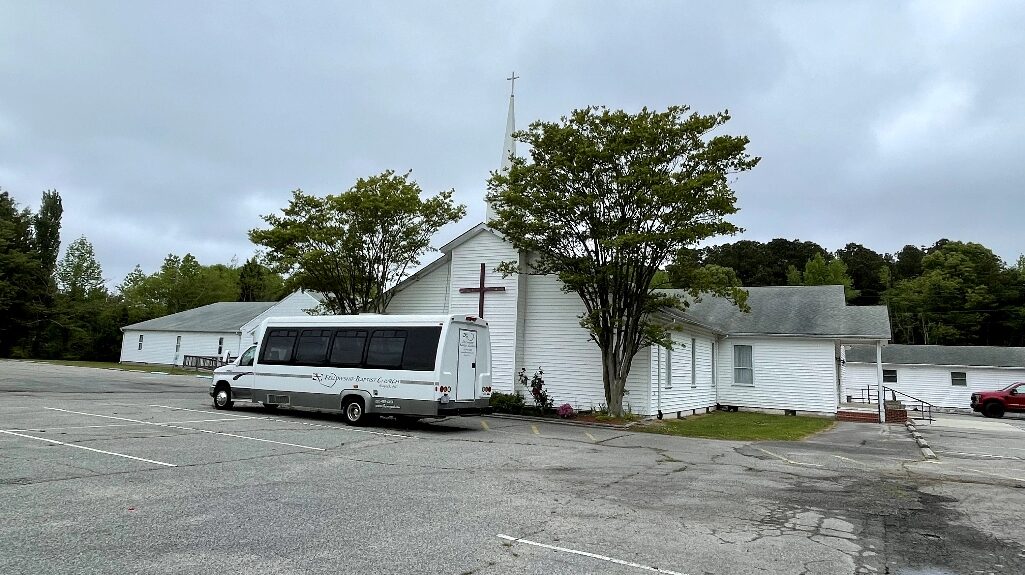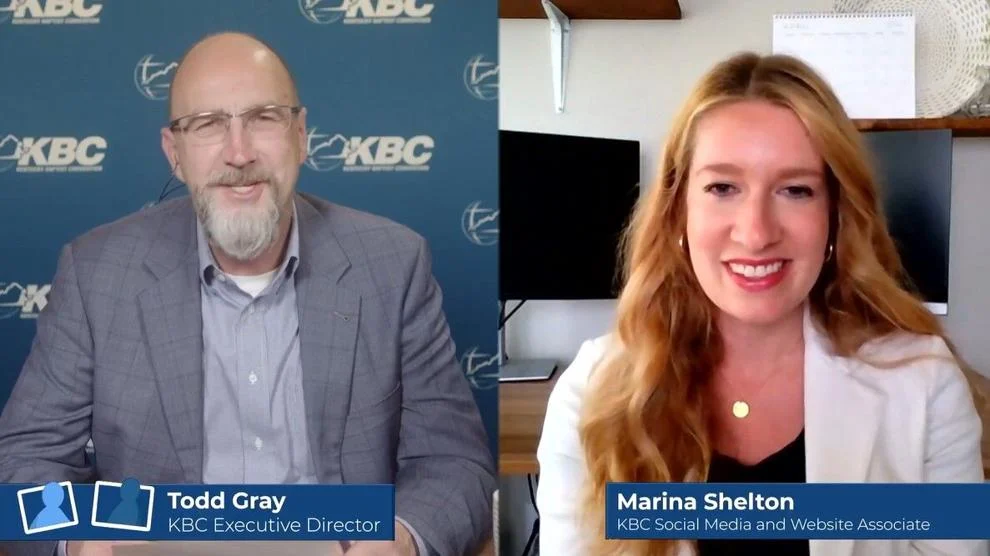The presidents of the Southern Baptist Convention’s six seminaries joined together in one report Wednesday afternoon, with each bringing a brief word of update and thanks from their institution.
Underscoring the commitment of the seminaries to faithfully train future pastors and missionaries, the presidents gave highlights from the most recent academic year and expressed hope for the future of theological education, despite an increasingly challenging culture.
Southeastern Baptist Theological Seminary
In April, Southeastern Seminary in Wake Forest, North Carolina, commissioned 41 students and their families to go to the nations, Danny Akin reported in New Orleans. They will join 94 Southeastern students already serving through the International Mission Board. The seminary president said 18 more students will serve as church planters with the North American Mission Board.
Through its program in the North Carolina prison system, Southeastern has graduated 49 students now serving in 11 facilities across the state. Akin reported that a corrections official recently said of the program, “What is happening now in these different places is nothing less than a miracle of God.”
And two weeks ago in Turkey, 23 students were granted bachelor of arts degrees in the first graduation of the seminary’s Farsi language program. Southeastern is educating, on some level, more than 3,500 Farsi speakers, Akin said, and recently added a master’s degree in Farsi to its academic programs.
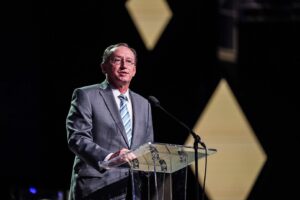
Gateway Seminary of the Southern Baptist Convention
This year, Gateway Seminary graduated 348 people, president Jeff Iorg said, the largest single graduating class in any academic year in the seminary’s history. Reporting on the SBC’s “seminary of the West,” Iorg said Gateway has recently received several gifts that will advance the seminary’s work, including scholarship gifts for various groups, a 150-year-old Torah scroll, and a collection of historically significant Bibles.
Additionally, Iorg said, Gateway received $2 million to establish a Go Grant endowment that will allow every student who completes 20 credit hours in a core program at Gateway to participate in a seminary-sponsored international missions experience. “Students who go on missions trips, even if they later return to the U.S. for ministry, will become more passionate advocates for missions because of their first-hand experience with the needs of the world,” he said.
Since 1950, Southern Baptists have given more than $164 million in Cooperative Program funds to Gateway, Iorg said. “These gifts provide the bedrock support that allows us to sustain our enrollment of over 2,000 students every year.”
Midwestern Baptist Theological Seminary
A seminary president’s first responsibility is a theological responsibility, said Jason Allen, president of Midwestern Seminary in Kansas City, Missouri. His seminary affirms the Baptist Faith and Message, as well as the Danvers Statement on Biblical Manhood and Womanhood, the Chicago Statement on Biblical Inerrancy, and the Nashville Statement on human sexuality and gender.
“You say, ‘Why must an institution have several confessional statements?” Allen said. “Because our culture has lost its mind. And in a time of confusion, we want to be clear, and we’re seeking to be clear for you.”
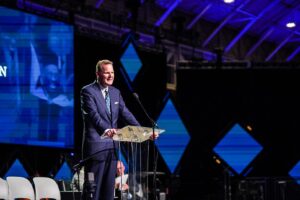
Midwestern has seen record enrollment for 11 consecutive years, Allen reported, with more than 5,100 students this year. “But when we think of our work, we don’t just think of the numbers, we think of the young men and the young women being trained on our campus to serve your churches and to reach the nations for the cause of Christ.”
In partnership with IMB, Midwestern has launched a “Missions Moonshot” initiative to produce 100 students every year that will go to the nations.
New Orleans Baptist Theological Seminary
Jamie Dew welcomed Southern Baptists to his seminary’s city and noted this is where students at New Orleans Seminary are trained for ministry.
“Theological education matters now perhaps more than ever before,” said the seminary president. “Consider the brokenness and the chaos and the confusion of our cultural moment. At every single turn there is a wrong idea, a mistruth at play in the lives of those people who are going in those directions. Which means correcting those lies, those mistruths, with the truth of God’s Word is absolutely essential.”
It is a time to train up men and women to be theologically sound but servant oriented, he said.
In a world in which billions of people do not know Jesus, the passion of his seminary is for students to pour out of their campus to go to the nations. “My dear friends, I want you to know that we take that job very, very seriously.”
The Southern Baptist Theological Seminary
Josh Powell, chairman of trustees for Southern Seminary, began the institution’s report by recognizing President R. Albert Mohler, who in December will celebrate 31 years leading the seminary. At that point, Mohler will be the longest-tenured president of any entity in the SBC, said Powell, who is pastor of First Baptist Church of Taylors, South Carolina.
“We want to say as a board that we are thankful for 30 years of convictional leadership, biblical faithfulness and confessional integrity that we have in our president, R. Albert Mohler.” In the convention hall, messengers stood to applaud Mohler.
The president then gave his report, thanking the Lord for unprecedented enrollment and a financial situation that is “absolutely secure.” Mohler thanked Southern Baptists for their investment in the seminary through the Cooperative Program and reminded them young people in their churches right now will be the next generation of pastors and missionaries and evangelists and church planters.
“So much is entrusted to us; what a great privilege,” he said. “So much has been entrusted to me, thank you. Let’s commit to be faithful together to the glory of God.”
Southwestern Baptist Theological Seminary
In his first report as president of Southwestern Seminary, David Dockery shared the seminary’s commitment to faithfulness, continuity and innovation. Those traits have characterized Southwestern in the past and will chart the seminary’s future in the days to come, he said.
Dockery was elected in April after serving several months as interim president. He noted the seminary’s renewed commitment
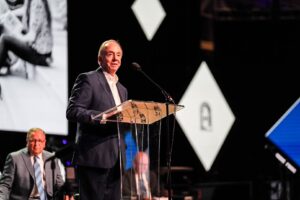
to prayer, seen in regular campuswide prayer meetings in recent months. The Advance Southwestern 2030 plan, he said, includes six new core values and clarifies the seminary’s identity as a Great Commandment and Great Commission institution.
Southwestern is encouraged by an increased total enrollment headcount, he said, and encouraged by growth in the seminary’s Chinese, Hispanic and Korean programs, with new initiatives in Portuguese coming this year.
Dockery also addressed the seminary’s current operational situation. “Much work has been done in restructuring the 2022–2023 annual budget, reducing both operational and personnel aspects of the budget in measurable ways,” he said. “We’ll continue to focus on budget and organizational restructuring as we enter the year to come, as we recommit ourselves to institutional stewardship, with a high priority given to this each and every day.”

